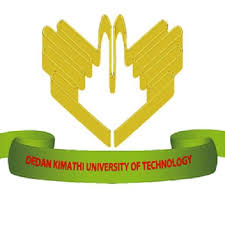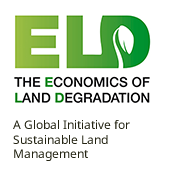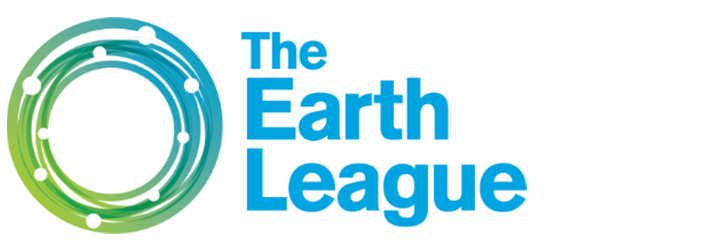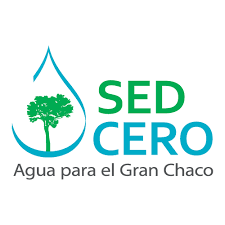Land Degradation and Development
Land Degradation & Development is an international journal which seeks to promote rational study of the recognition monitoring control and rehabilitation of degradation in terrestrial environments. The journal focuses on: what land degradation is; what causes land degradation; the impacts of land degradation the scale of land degradation; the history current status or future trends of land degradation; avoidance mitigation and control of land degradation; remedial actions to rehabilitate or restore degraded land; sustainable land management.












